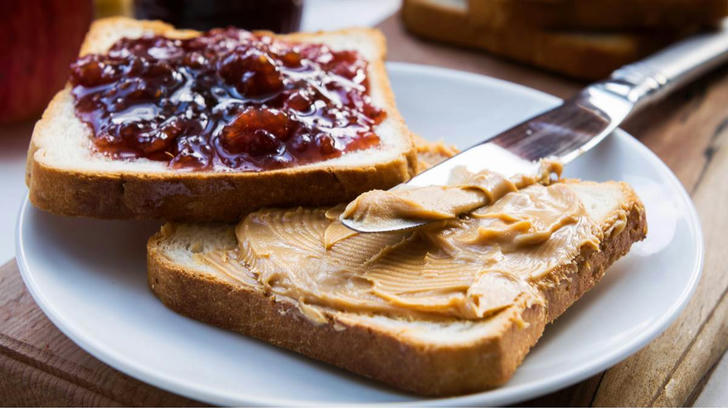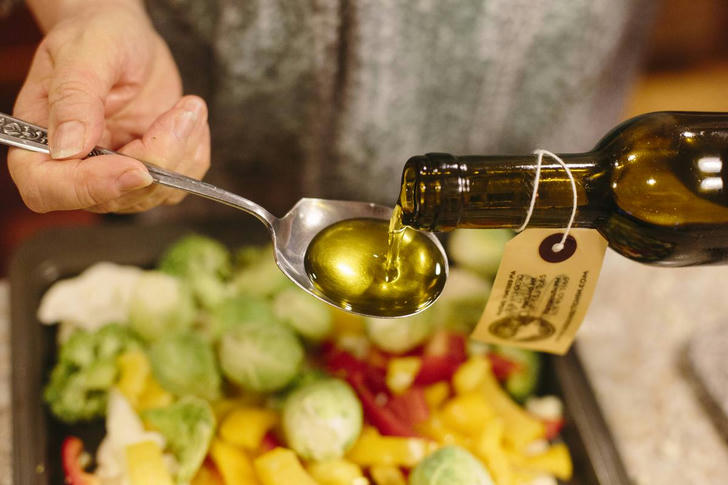Healthy, Science-Backed Foods That Can Help With Diabetes
A Few Berries Can Go A Long Way
Whether you love strawberries, blueberries, or raspberries, they all can help fight against diabetes. A study published in the journal Obesity by researchers from the Illinois Institute of Technology found that berries can improve insulin resistance. Specifically, people who consumed two cups of raspberries daily had lower blood sugar levels.

Even a small serving of berries can lower your risk of developing diabetes. According to a Chinese study, eating just 17 grams of berries led to a 5% decrease in the risk of type 2 diabetes. To give you an idea, this amount is roughly equivalent to thirteen blueberries, nine raspberries, two blackberries, or one large strawberry.
Peanut Butter Can Prevent Blood Sugar Spikes Later On
Natural peanut butter has a low glycemic index and is quite satisfying. Registered dietitian Erin Spitzberg suggests eating peanut butter because it "slows down digestion, helping you feel full for longer." This slow digestion also helps prevent sudden spikes in blood sugar later in the morning.

In a 2018 pilot study, adults who had two tablespoons of peanut butter with white bread and apple juice showed a less dramatic increase in blood sugar levels. However, Spitzberg advises spreading peanut butter on your favorite whole-grain toast or mixing it into oatmeal for a healthier choice.
For Healthy Fats, Cook With Olive Oil
While olive oil is calorie-dense, it's more effective at lowering cholesterol than many other fats. It's packed with healthy fats that help manage type 2 diabetes symptoms. A study from Sapienza University in Rome in 2015 found that olive oil specifically reduces LDL, the harmful cholesterol.

The credit for these benefits goes to olive oil's antioxidants, known as polyphenols. As reported in the journal Cardiovascular Diabetology, these antioxidants reduce inflammation and safeguard your blood cells. This suggests that olive oil might also help in controlling blood pressure.
